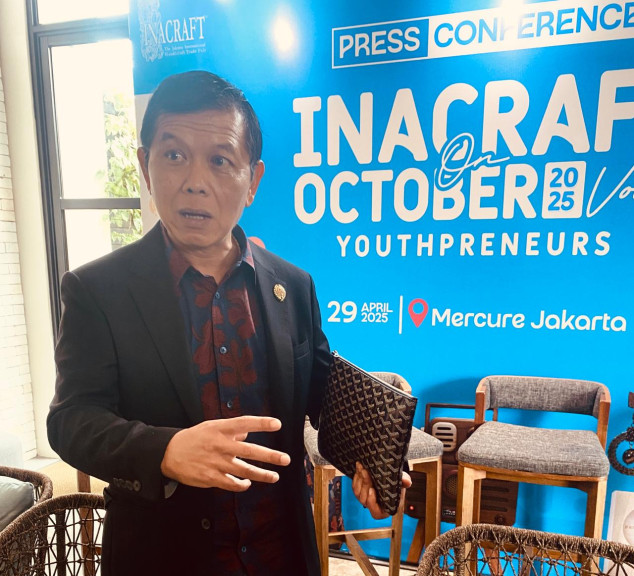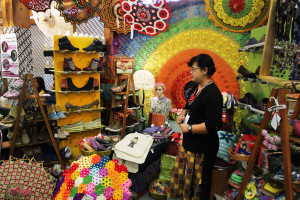Phytosanitary, import duty issues threaten MSME exports

Indonesia Business Post
The phytosanitary policy imposed by the Quarantine and Customs Office is considered sudden and not well socialized to exporters as it has hampered delivery of export goods, resulting in the accumulation of containers at ports and airports.
"Many containers cannot be sent because the documents have not been issued. If this continues for weeks, thousands of containers could be held up, and exporters will be charged a very large demurrage fee," Ketut Dharma Siadja, Chairperson of the Bali Regional Management Board (BPD) at the Indonesian Handicraft Exporters and Producers Association (ASEPHI), spoke to Indonesia Business Post on Tuesday, April 29, 2025.
In addition to financial losses due to container parking fees and penalties from international buyers, what is more worrying is the loss of trust from foreign buyers in the accuracy and consistency of delivery of goods from Indonesia.
"We can be sanctioned by our buyers, imposed penalties that vary depending on each contract. Let's say we are going to send goods, our agreement is to send the goods on May 1. It turns out that the documents are not completed until May 2. That's what happened," he cited.
In response to this condition, ASEPHI Bali urged the government to postpone the implementation of the phytosanitary policy and provide time for adaptation and comprehensive socialization to exporters, especially MSMEs which are the backbone of Indonesian craft exports.
On the other hand, Dharma Siadja highlighted the market opportunity for Indonesian products in the United States, considering that competing countries, such as China and Thailand, are subject to higher import duties, at 34 percent and 36 percent respectively. Indonesia itself is currently subject to an import duty of 32 percent.
"Although this is an opportunity, there are still concerns from U.S. buyers about the final price of our goods. If the dollar strengthens against the rupiah, the price of our goods can indeed be cheaper. But they are also worried that high tariffs will increase the final price," he said.
Export commodities from Bali that are affected include wooden crafts, precious metals (gold and silver), rattan, bamboo, pottery, furniture, vanilla, and garments. He added that the impact is felt directly by MSMEs because in Bali there are almost no large-scale export business actors.
As an anticipatory measure, ASEPHI Bali will look for alternative markets in Europe and Asia, which are considered to still have potential and are in accordance with the tastes of Indonesian craft products. The government is also expected to step in to provide support in the form of facilitating exhibitions abroad and export training for MSME actors.
"This is the momentum to expand the market and improve the quality of our craft exports, but of course it needs concrete support from the government," Dharma Siadja concluded.
Already have an account? Sign In
-
Start reading
Freemium
-
Monthly Subscription
20% OFF$29.75
$37.19/MonthCancel anytime
This offer is open to all new subscribers!
Subscribe now -
Yearly Subscription
33% OFF$228.13
$340.5/YearCancel anytime
This offer is open to all new subscribers!
Subscribe now






